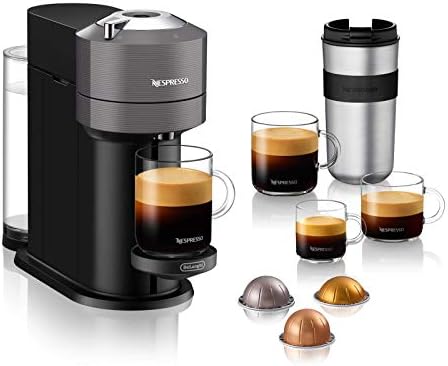The Science Behind Stainless Steel Coffee Makers: How They Improve Brewing Efficiency
When it comes to brewing the perfect cup of coffee, the type of coffee maker you use can make a big difference. One option that has gained popularity in recent years is the Stainless steel coffee maker. But what sets these coffee makers apart from traditional glass or plastic ones, and how do they improve brewing efficiency? Let’s dive into the science behind stainless steel coffee makers to find out.
Why Stainless Steel?
Stainless steel is a popular choice for coffee makers for several reasons. One of the main benefits is its durability. Unlike glass or plastic coffee makers, stainless steel models are less likely to break or crack, and they can also withstand high temperatures without warping or melting.
Another advantage of stainless steel is its ability to retain heat. When brewing coffee, maintaining a consistent temperature is crucial for extracting the best flavors from the beans. Stainless steel coffee makers excel in this area, as they can keep the water at an optimal temperature throughout the brewing process.
Improved Heat Distribution
One of the key factors that contribute to the improved brewing efficiency of stainless steel coffee makers is their ability to distribute heat more evenly. When water is heated in a stainless steel coffee maker, the material distributes the heat evenly across the entire brewing chamber, ensuring that all parts of the coffee grounds are exposed to the same temperature.
This uniform heat distribution results in a more thorough and consistent extraction of flavors from the coffee grounds, leading to a richer and more balanced cup of coffee. In contrast, traditional glass coffee makers may have hot spots or uneven heating, which can result in an uneven extraction and a less flavorful brew.
Resistance to Corrosion and Staining
Another advantage of stainless steel is its resistance to corrosion and staining. Over time, glass and plastic coffee makers can become stained and develop a buildup of oils and residues from the coffee brewing process. This can not only impact the flavor of the coffee but also lead to a less efficient brewing process.
Stainless steel, on the other hand, is non-porous and resistant to staining and corrosion, making it easier to clean and maintain. This means that a stainless steel coffee maker can continue to produce high-quality coffee without the need for frequent deep cleaning or descaling, ultimately improving brewing efficiency and prolonging the lifespan of the coffee maker.
FAQs
Are stainless steel coffee makers better than glass or plastic ones?
While the choice between stainless steel, glass, or plastic coffee makers ultimately comes down to personal preference, stainless steel coffee makers offer several advantages in terms of durability, heat retention, and brewing efficiency.
Do stainless steel coffee makers affect the taste of the coffee?
Stainless steel coffee makers are designed to maintain optimal brewing temperatures and distribute heat evenly, resulting in a more thorough extraction of flavors from the coffee grounds. This can lead to a richer and more balanced cup of coffee compared to glass or plastic coffee makers.
How do I clean and maintain a stainless steel coffee maker?
Stainless steel coffee makers are relatively low-maintenance, as the material is resistant to staining and corrosion. Regular cleaning with warm, soapy water and occasional descaling with a vinegar solution is usually sufficient to keep the coffee maker in top condition.
Can I use a stainless steel coffee maker with different types of coffee beans?
Yes, stainless steel coffee makers are compatible with a wide variety of coffee beans. Their efficient brewing process and heat retention capabilities make them suitable for extracting flavors from different types of coffee beans, whether they are light, medium, or dark roast.
Do stainless steel coffee makers come in different sizes?
Yes, stainless steel coffee makers are available in a range of sizes to accommodate different brewing needs. From single-serve models to large capacity brewers, there are plenty of options to choose from to suit your coffee consumption habits.
Are there any downsides to using a stainless steel coffee maker?
While stainless steel coffee makers offer numerous benefits, some users may find that they are heavier than glass or plastic coffee makers. Additionally, stainless steel models may be more expensive upfront, but their durability and long-term performance often make them a worthy investment for coffee enthusiasts.
“All images and products featured on this Blog.troca.cafe are the property of their respective owners. All rights to these materials are acknowledged and reserved.”
